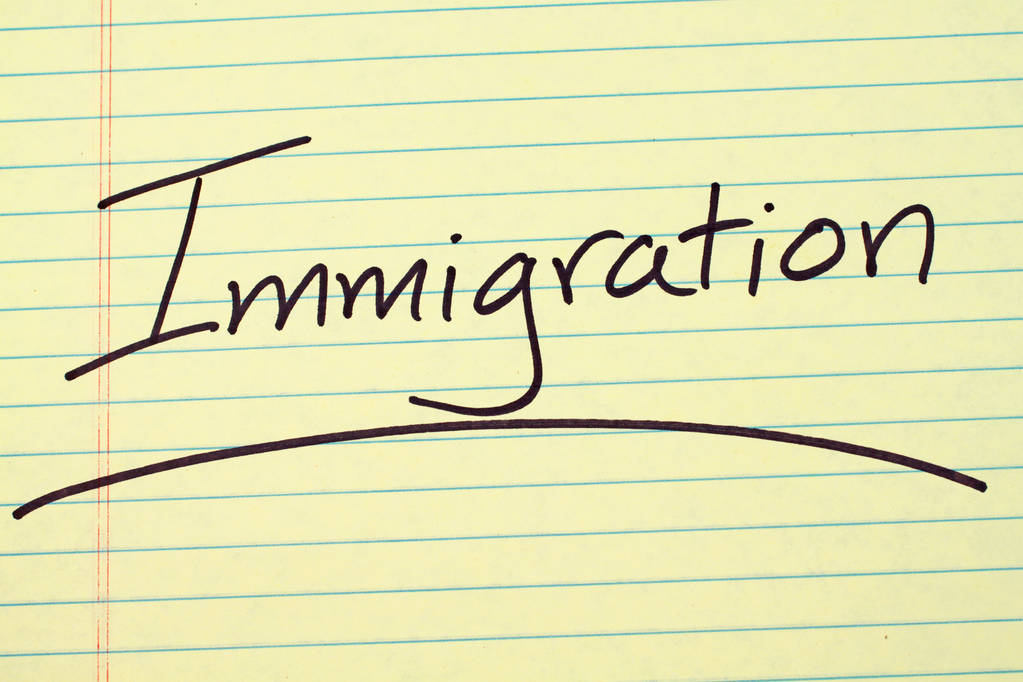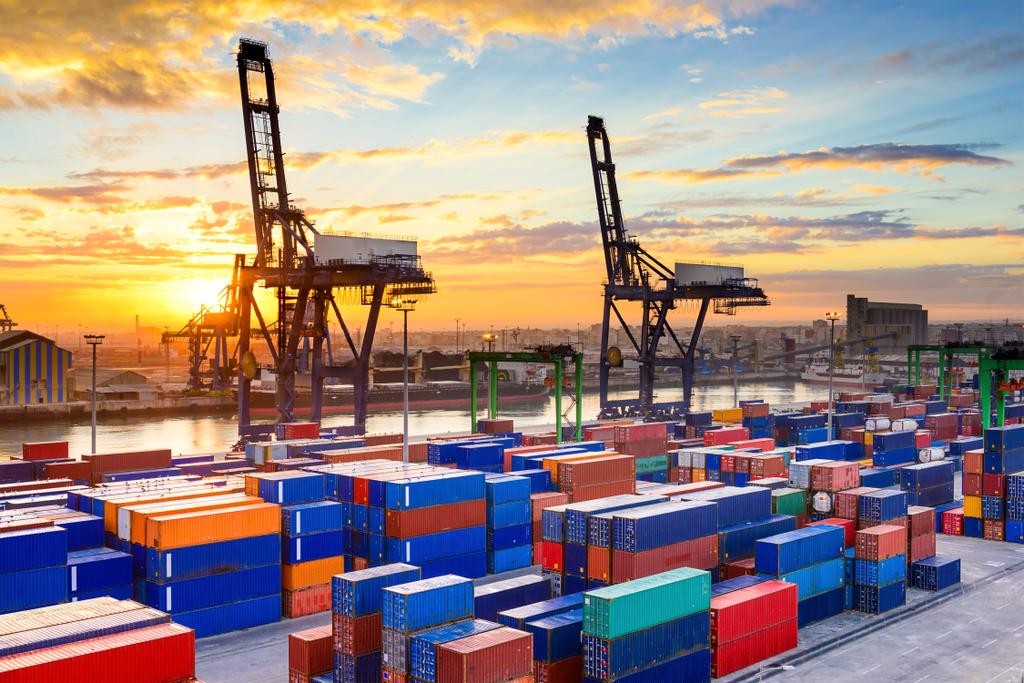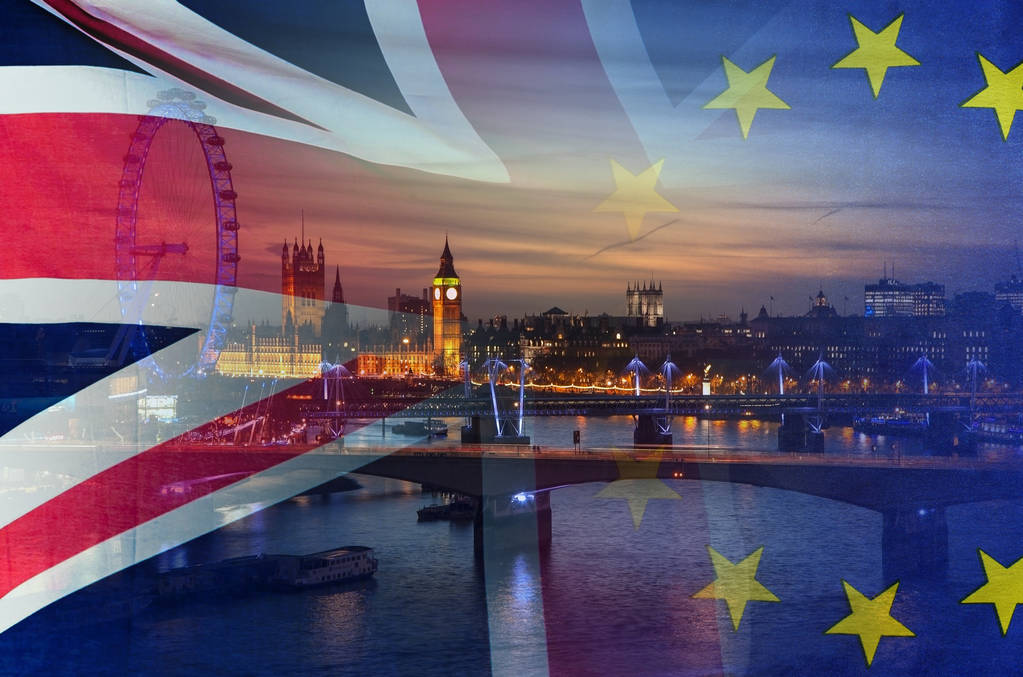Introduction
Brexit, a term that amalgamates Britain and exit, has become a globally recognized phenomenon. It refers to the United Kingdom’s decision to leave the European Union (EU) and the European Atomic Energy Community – a decision that was officially put into effect on January 31, 2020.
The transition period, however, extended until December 31, 2020, allowing the UK and EU to negotiate the terms of their future relationship. To truly understand the implications of this monumental decision, we’ll first delve into life in the UK before Brexit.
Prior to Brexit, the UK enjoyed the privileges that were associated with being a member of the EU. This included the freedom of movement within the EU countries, the ability to trade goods without tariffs, and access to a larger labour market.
The UK was also a part of international agreements under the EU banner, which streamlined travel, trade, and diplomatic affairs. There were regulations imposed by the EU, but these were designed to ensure a common standard across all member states.
Brexit was not a decision made lightly; it came after a contentious referendum in 2016 where 51.9% of voters opted to leave the EU. This decision was driven by concerns surrounding sovereignty, immigration, and economic control. However, the implications of Brexit were not immediately clear and are still being understood and navigated today.
The post-Brexit landscape in the UK is like navigating uncharted waters. The country is now responsible for setting its own immigration, trade, and travel policies without the framework of the EU. This has led to significant changes in these areas, which have had far-reaching implications on businesses, the economy, and politics.
Adjusting to life after Brexit is a challenge for both the UK and the international community. There is a lot of uncertainty and change that comes with moving away from the familiar territory of the EU.
This article aims to provide a comprehensive overview of life in the UK after Brexit, detailing the changes that have occurred and the challenges that lie ahead. We’ll also explore how the UK is adjusting to this new landscape and the strategies being developed to support the UK’s economy.
Welcome to the post-Brexit era. The journey here has been tumultuous, filled with negotiations and political discourse. Now, as the dust begins to settle, the UK and the world are left to navigate the new landscape, confronting the challenges and seizing the opportunities that this departure presents.
Post-Brexit Landscape

The post-Brexit landscape in the UK has been marked by several significant changes, primarily surrounding immigration, trade, and travel policies. One of the most polarizing aspects of Brexit was indeed the issue of immigration.
Prior to Brexit, the UK was subject to the European Union’s freedom of movement policy, which allowed citizens of EU member states to live and work in the UK without restriction. Post-Brexit, the UK has adopted a points-based immigration system, which has put EU and non-EU citizens on an equal footing.
This new approach aims to attract individuals who can contribute to the UK’s economy, but its effectiveness is yet to be fully realized.
Trade, another critical aspect of the UK’s relationship with the EU, has also undergone considerable transformations. Before Brexit, the UK enjoyed the benefits of the EU’s single market and customs union, which enabled seamless cross-border trade. However, the UK’s departure from the EU meant the end of these privileges.
A new Trade and Cooperation Agreement has been put in place, but it fails to replicate the seamless trade environment that existed pre-Brexit. Businesses, particularly those that trade heavily with the EU, have been grappling with new paperwork, border checks, and rules of origin requirements.
The changes in travel policies have also been significant. British citizens no longer enjoy the freedom to live, work, or study in EU countries without a visa. Similarly, EU citizens visiting the UK for tourism can only stay for up to 90 days in any 180-day period without a visa.
These regulations have added a new layer of complexity to travel, which can be particularly challenging for businesses with international operations.
The impact of Brexit on the UK’s businesses and economy has been profound and multifaceted. The changes in trade policies have placed a considerable burden on businesses that depend on the EU for importing or exporting goods.
Moreover, the UK’s service sector, which makes up a large portion of the economy, has been hit particularly hard, as the new Trade and Cooperation Agreement does not cover services to the same extent as goods.
The political landscape has also been affected by Brexit. The process of leaving the EU has ignited debates and instigated political shifts within the UK. The divergence in opinion between different regions of the country, notably Scotland and Northern Ireland, has further complicated the UK’s political environment.
In the international arena, the UK’s decision to leave the EU has not only reshaped its relationship with EU countries, but also necessitated the forging of new alliances and trade agreements.
In conclusion, the post-Brexit landscape in the UK is marked by significant changes and ongoing challenges. From new immigration, trade, and travel policies to shifts in the business landscape and political dynamics, the UK is navigating a complex new reality. However, with these changes come potential opportunities for growth and innovation.
Adjusting to Life After Brexit

The transition to life after Brexit has been marked by an array of contrasting reactions, both nationally and internationally. Some people, particularly the proponents of Brexit, view it as an opportunity for the UK to regain its sovereignty and control over its laws, borders, and economy.
Others, however, have expressed concerns over the potential economic implications and uncertainties that the secession could bring. The international community too has had a mixed reaction. While some nations see it as a chance to negotiate new trade deals with the UK, others fret over the potential disruption to global trade and diplomatic relations.
Adapting to the post-Brexit landscape has required resilience, flexibility, and an open-minded approach. The significant changes in immigration policies have necessitated adjustments from both UK residents and foreigners.
For instance, the UK has introduced a points-based system, favoring skilled workers, which has led to substantial changes in the workforce demographics. For businesses, these changes mean adapting recruitment strategies and investing in training and development, to mitigate any potential skills gaps left by the change in immigration rules.
Trade has also been a pivotal area of adjustment. With the UK leaving the single market and customs union that came with European Union membership, new trade policies have been formulated. Businesses have had to navigate new trade agreements, understand changes in import and export procedures, and grapple with potential increases in trade tariffs.
This has meant an increased need for understanding international trade laws and investing in strategies to secure supply chains amid these changes.
Travel policies too have undergone modifications. Britons no longer enjoy the freedom of movement within the EU, which has implications for both leisure and business travel. Adjusting to these new conditions has meant understanding and adhering to new requirements for travelling to and from the EU, resulting in increased planning and potential costs.
The impact on the UK’s political landscape has also been significant. Brexit signifies a strategic shift in the UK’s foreign and domestic policies, causing the nation to re-evaluate its role on the global stage.
The political shift has forced parties, politicians, and citizens alike to reassess their views, leading to a restructuring of political alliances and the emergence of new ideological divides.
In conclusion, adjusting to life after Brexit requires a proactive approach, with an understanding that the landscape has fundamentally changed. It involves understanding and adapting to new policies, reassessing strategies, and maintaining resilience in the face of uncertainties.
Despite the challenges, however, it also presents opportunities for growth, innovation, and forging new relationships on an international scale.
Challenges Facing the UK

The challenges facing the UK in this new post-Brexit era are multifaceted and extend across various sectors and industries.
The implications of the UK’s withdrawal from the European Union have become evident in the form of difficulties with cross-border trade and travel, uncertainty due to changing regulations, and challenges for both businesses and individuals.
Cross-border trade and travel have always been important aspects of the UK’s relationship with the EU. However, Brexit has introduced new challenges in these areas. The UK, a country once seamlessly integrated into the EU’s Single Market and Customs Union, now faces the reality of borders, customs checks, and regulatory barriers.
This has led to an increase in costs and delays in supply chains for businesses, and has made travel more complicated for individuals. British holidaymakers, for instance, are now subject to stricter rules regarding visa-free travel within the EU, with limitations on the duration of their stay.
The regulatory landscape has also undergone significant changes. The UK’s exit from the EU means that it is no longer bound by EU laws and directives, creating a need to reinterpret or re-legislate in key areas such as financial services, data protection, and environmental policy.
This regulatory flux has bred uncertainty, making it difficult for businesses to plan for the future and adapt to the new norms.
Small and large businesses alike are grappling with the post-Brexit changes. Increased paperwork, customs duties and checks, and divergent standards have introduced complexities and costs.
For many, these challenges have undermined the competitiveness of UK businesses in the European market, prompting some to relocate their operations within the EU to maintain access to the Single Market.
Moreover, Brexit has also ignited debates around the union of the United Kingdom itself. Devolved administrations in Scotland and Northern Ireland have expressed discontent over Brexit and its implications, raising questions about the future of the UK’s political landscape.
This not only brings about political challenges but also creates uncertainties that can deter investment and further complicate business planning.
Lastly, individuals are facing a different set of challenges. For EU citizens living in the UK, there is uncertainty surrounding their residency status and rights. At the same time, UK citizens seeking to live, work, or study in EU countries will now face more complex immigration procedures.
This could potentially affect the diversity and talent available in the UK’s workforce and educational institutions.
In conclusion, as the UK navigates this new post-Brexit landscape, a broad range of challenges that cut across the spheres of trade, travel, regulation, business, and politics have emerged. These challenges require proactive, innovative, and strategic responses to ensure the UK can thrive outside of the EU.
Looking Ahead

As the dust settles on the post-Brexit landscape, it’s time to look towards the future and the strategies that the UK must develop to support its economy. Despite the challenges and uncertainties, Brexit also presents an opportunity for the UK to reboot its economy, redefine its trade policies, and explore new opportunities.
The UK has always been known for its spirit of innovation and resilience, and these qualities will be essential in navigating the post-Brexit scenario.
Investing in the domestic market will be a key strategy moving forward. While trade relationships with the European Union and other international partners will continue to be important, strengthening the domestic economy must be a priority.
This could entail supporting local businesses, promoting entrepreneurship, and fostering innovation in sectors such as technology, healthcare, and manufacturing. By doing so, the UK could become more self-sufficient, resilient, and competitive on a global scale.
There is also a need for the UK to look beyond its traditional trade partners and explore new opportunities. The post-Brexit landscape provides the chance to create new trade relationships with emerging economies across Asia, Africa and South America.
These markets offer immense potential for growth and could open up new avenues for UK businesses. This would help diversify the UK’s economy, thereby reducing its reliance on a few key markets and making it more resilient in the face of future economic shocks.
However, venturing into these new markets will require innovative strategies and approaches. From understanding the unique needs and preferences of consumers in these markets to navigating different regulatory environments, UK businesses will need to be adaptable and proactive.
Government support, in terms of providing information, financial assistance, and support for negotiating trade agreements, will likely be crucial in this regard.
In addition, Brexit provides an opportunity for the UK to rethink its approach to immigration. With the end of free movement within the EU, the UK has the power to design an immigration policy that meets its specific needs.
This could involve attracting highly skilled workers, supporting sectors with labour shortages, or encouraging foreign students to study in UK universities. These measures could help to ensure that the UK remains a vibrant, diverse, and innovative society.
Looking ahead, the post-Brexit landscape undoubtedly presents both challenges and opportunities. The key to success will be in how the UK adapts to these changes, capitalises on new opportunities, and builds a more resilient and diversified economy.
It is an era of exploration and reinvention, and while the journey may be complex, it also holds the promise of a bright and prosperous future.
Conclusion
In conclusion, the post-Brexit landscape presents both opportunities and challenges for the UK. Brexit has undeniably brought about significant changes, and navigating these changes has become an integral part of life for every individual, business, and institution in the UK.
The consequences and implications of Brexit are widespread, affecting aspects such as immigration, trade, travel, businesses, economy, and politics.
One of the major challenges brought on by Brexit is the alterations in immigration, trade, and travel policies. These changes have created difficulties with cross-border trade and travel, with uncertainty rising due to changing regulations.
The impact on businesses and the economy is profound, with many businesses needing to adjust to new trade scenarios and economic conditions. The political landscape has also been significantly influenced by Brexit, adding another layer of complexity to the post-Brexit UK.
The international reaction to the changes brought on by Brexit has been varied. While some international entities have been apprehensive about the changes, others have seen it as an opportunity to negotiate new terms of engagement with the UK.
Nationally as well, the reactions have been mixed. The task of adapting to the new landscape post-Brexit is a challenge that every individual and institution in the UK is grappling with.
However, it’s crucial not to lose sight of the opportunities that the new post-Brexit landscape can present. These include the potential for the UK to develop new strategies that strengthen and support its economy.
It provides opportunities for increased domestic investment and for exploring new markets. It is a chance for the UK to redefine its economic and political relationships on the global stage.
The post-Brexit landscape is not without difficulties, but it also presents a unique opportunity for the UK to craft a new path for itself.
The changes brought about by Brexit are substantial, but they also open up new avenues of growth and prosperity. As the country moves forward, it will be critical to take advantage of these opportunities while mitigating the challenges.
In the end, life after Brexit in the UK is about adjustment and adaptation. It is about understanding and navigating the new landscape, while also utilising the opportunities that it presents.
The challenges are significant, but the potential for growth and prosperity is equally substantial. The story of post-Brexit UK is still being written, and it will be fascinating to see how it unfolds in the years to come.

